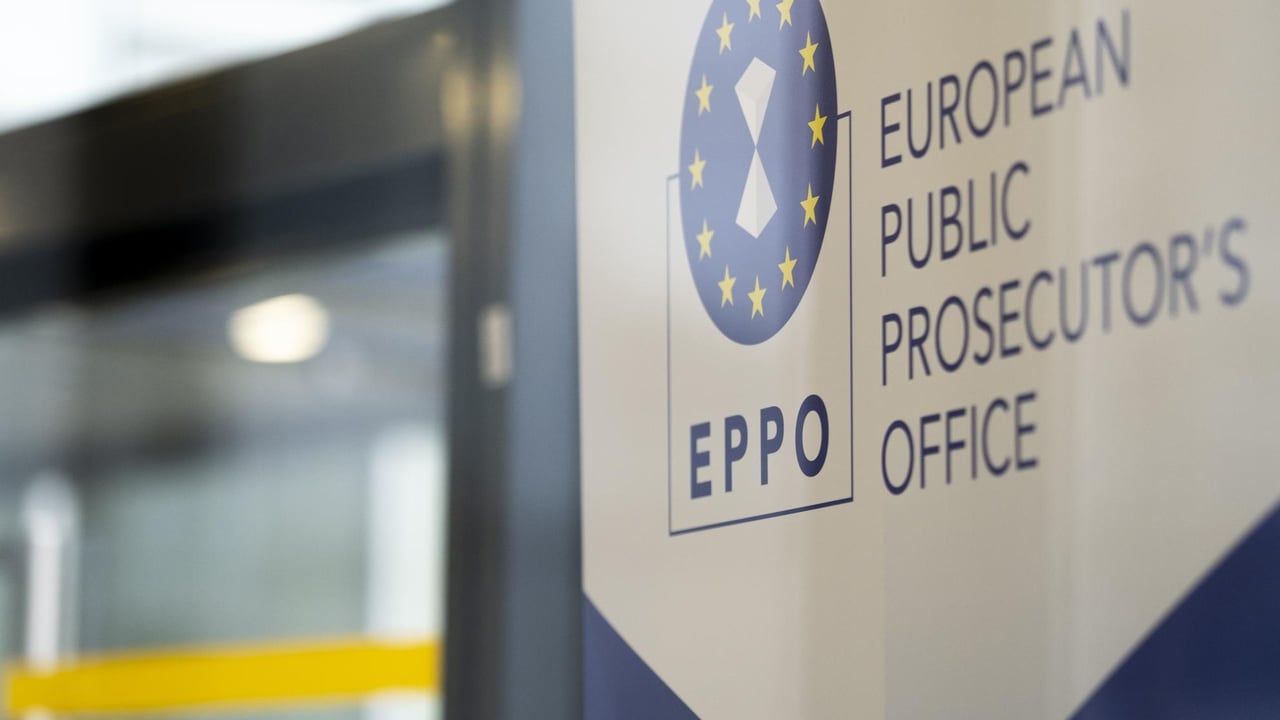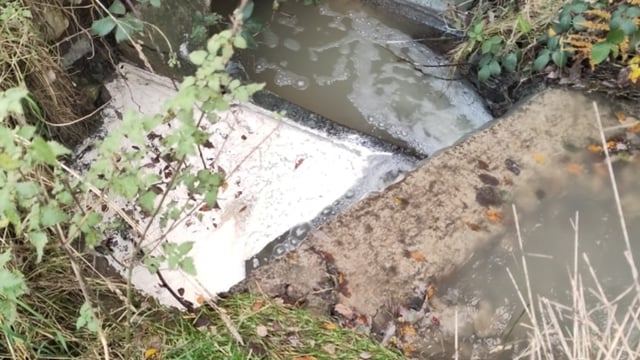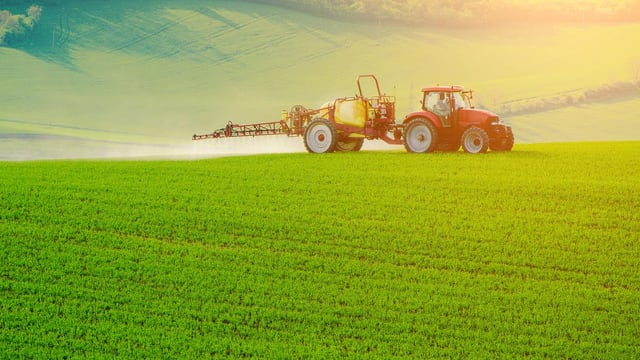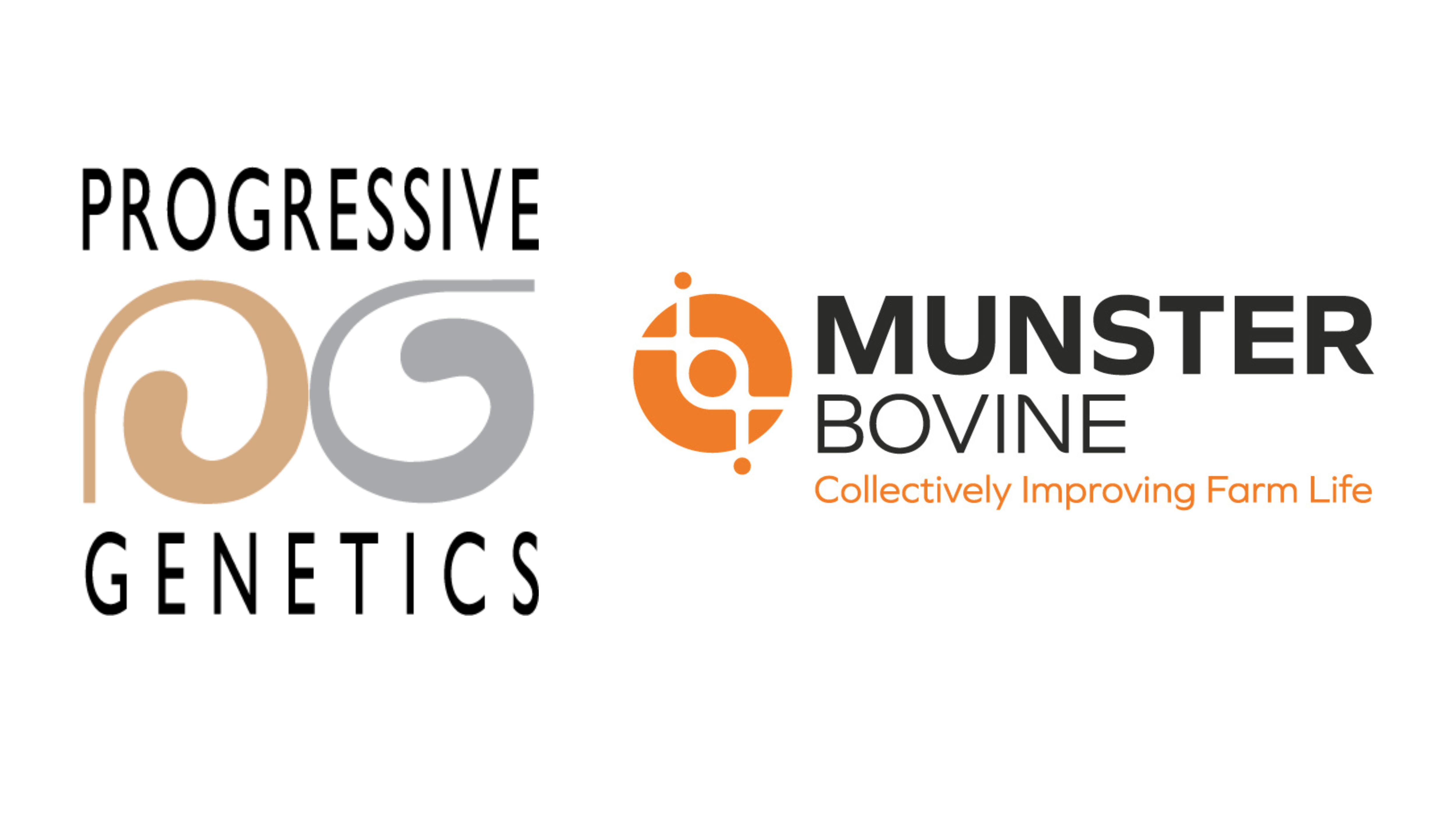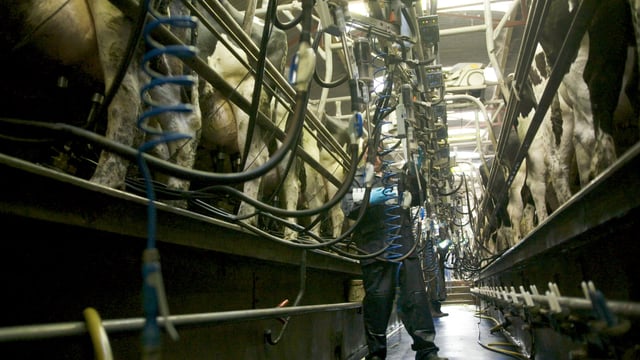Farmer in Slovakia could be jailed over alleged CAP fraud
The European Public Prosecutor’s Office (EPPO) in Bratislava, Slovakia, has today (Tuesday, April 29) filed an indictment at the Specialised Criminal Court against a farmer, for fraud involving projects for the cultivation of agricultural land.
Over the course of three years (2020, 2021 and 2022), the accused man, in his role as self-employed farmer, requested direct payments under the EU’s Common Agricultural Policy (CAP) for agricultural areas exceeding 100ha in east Slovakia.
It is alleged that the farmer submitted incorrect statements to Slovakia’s Agricultural Paying Agency (APA), in which he falsely declared that he managed those agricultural areas.
It emerged, however, that these areas were not managed by the accused in accordance with the required legal conditions and the accused did not even have lease agreements with the landowners for them.
An inspection by the APA revealed these inconsistencies. It is estimated that more than €53,000 in damage to the EU budget has been prevented, due to the inspection, according to the EPPO.
If found guilty of fraud, the accused could face a prison sentence of up to six years and a fine of up to €330,000.
The EPPO has stressed: "All persons concerned are presumed to be innocent until proven guilty in the competent Slovak courts of law."
The EPPO is the independent public prosecution office of the European Union. It is responsible for investigating, prosecuting and bringing to judgment crimes against the financial interests of the EU, such as fraud.
The EU provides farmers with income support or direct payments under the CAP to:
- Function as a safety net and make farming more profitable;
- Guarantee food security in Europe;
- Assist them in the production of safe, healthy and affordable food;
- Reward farmers for delivering public goods not normally paid for by markets, such as taking care of the countryside and the environment.
Farmers generally receive income support based on their farm’s size in hectares. All EU countries have to offer a basic payment, a payment for the climate, environment and animal welfare to promote sustainable farming practices (eco-schemes).
As it is compulsory for EU countries to provide these payments, they are often referred to as obligatory payments.
Eco-schemes are obligatory for EU countries to provide to farmers, but voluntary for farmers.
Additionally, EU countries can choose to offer other payments that focus on specific sectors or types of farming.
There are specific schemes designed to provide further help to small- and medium-sized farms, young farmers, farmers who operate in areas of natural constraint and/or sectors undergoing difficulties.

